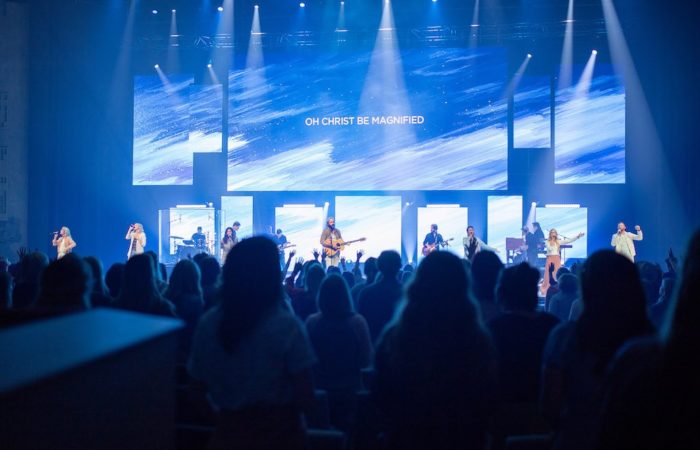Dave Barnhart gives excellent reasons for alternate worship times:
I had to struggle to close down evening services at the last two churches I served. Both were holdovers from a previous era, a time when people would go to church several times a week. These services had dwindled to a dozen or so older worshipers who faithfully sang the old hymns and turned out to hear a preacher, who was tired from two or three services earlier in the day, deliver a warmed-over homily. In winter, when earlier darkness prevented many of them from driving to church, attendance could be a mere handful. It was hard to end a ministry which had ceased to be productive long ago.
So it’s amusing to me, now that I’m planting a new church, that our primary worship service is in the afternoon! We meet at 4:30. Me, I’m a morning person. If I weren’t a minister of the gospel and could just choose a worship service to suit myself, I’d go to the earliest service I could find so that I’d have a long, uninterrupted stretch of time for the rest of the day—but I’m not the person we’re trying to reach!
The afternoon service works for us for a number of reasons.
1. We can reach a different population. A lot of the people we’re trying to reach sleep in on Sunday mornings. Folks who aren’t in the habit of getting up early to get to church—in other words, most of the population of the United States—often don’t exactly relish answering to their alarm clock on days they don’t have to be at work. Our musicians often have gigs on Saturday nights, so they definitely appreciate a later Sunday start time. Many people work on Sunday mornings, or work night shifts that make mornings tough. Afternoon services allow people to get the rest they need on the weekend.
2. It doesn’t feel “churchy.” Since our goal is to reach people who have been hurt or burned by church, meeting at a time other that Sunday morning helps the service feel less like a traditional (or “traditional-contemporary”) church. Meeting at a different time helps us dissociate our community from the negative experiences people may have had at other churches.





